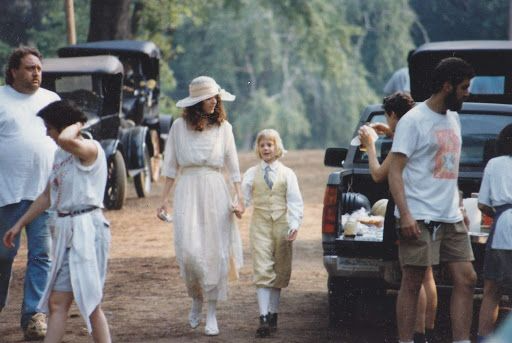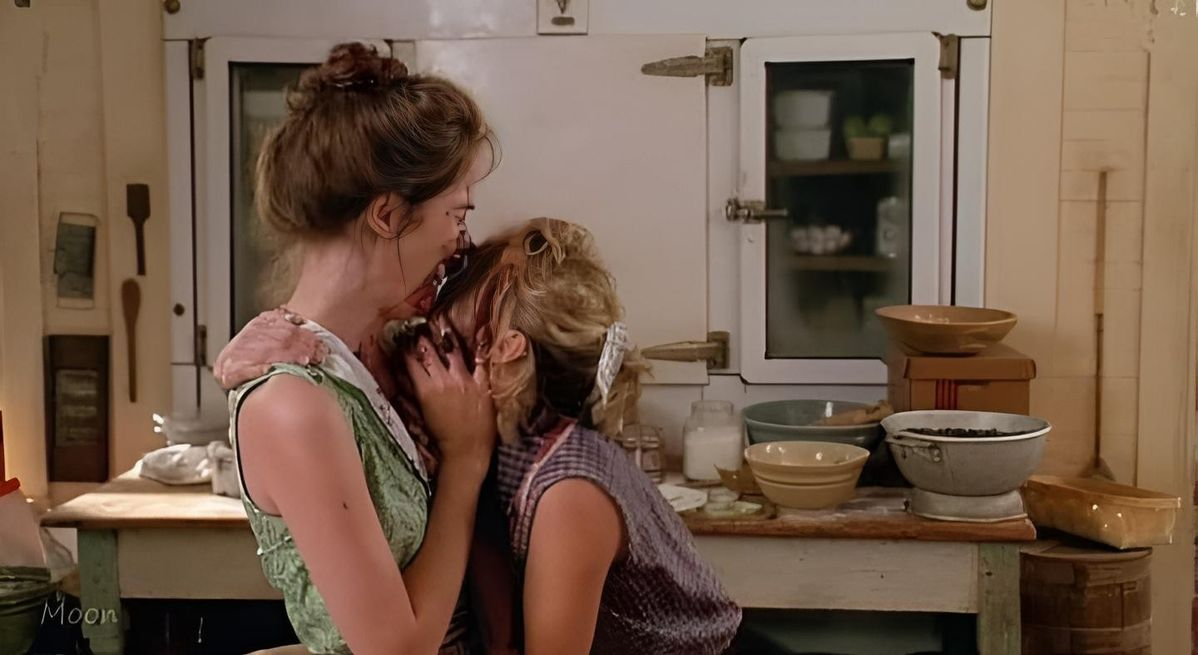
There are movies that make you laugh, movies that make you cry — and then there are movies like Fried Green Tomatoes that quietly change the way you see love, loss, and life itself. Released in 1991, this Southern gem is far more than a nostalgic tale about a café and its famous dish. It’s a story about survival — and the extraordinary strength that blooms between women when the world underestimates them.
Set between two timelines, the film bridges generations through the lives of four unforgettable women. In 1930s Alabama, the bond between Idgie Threadgoode (Mary Stuart Masterson) and Ruth Jamison (Mary-Louise Parker) simmers with tenderness, rebellion, and unspoken devotion. In the 1980s, a disillusioned housewife, Evelyn Couch (Kathy Bates), finds herself transformed by their story, told through the gentle voice of the elderly Ninny (Jessica Tandy). Together, these women form a tapestry of courage that transcends time.
Mary-Louise Parker’s performance as Ruth is the film’s quiet heartbeat. She gives Ruth an almost sacred softness — a kind of strength that doesn’t shout but endures. Her eyes tell stories words can’t: the fear of an abusive husband, the ache of forbidden love, the joy of freedom rediscovered. When Ruth smiles, it feels like sunlight breaking through storm clouds.
The chemistry between Parker and Masterson is nothing short of alchemy. Their connection breathes life into a love story that was never allowed to name itself, but is felt in every gesture — in the way Idgie looks at Ruth with both defiance and devotion, and in how Ruth’s laughter feels like home. In a time when Hollywood avoided queer intimacy, these two actresses delivered one of cinema’s most honest portrayals of it — hidden not behind shame, but wrapped in tenderness.

But Fried Green Tomatoes isn’t just about love; it’s about defiance. Beneath its fried-food charm lies a radical message about resilience. The women of Whistle Stop don’t wait to be saved — they save each other. They stand against abuse, injustice, and the quiet cruelties of small-town gossip. They fight back, sometimes with kindness, sometimes with grit — and occasionally, with a frying pan.
Director Jon Avnet’s Southern world is alive with detail — the warm haze of summer afternoons, the comforting smell of cornbread and coffee, the soft buzz of community where everyone knows everyone else’s secrets. The Whistle Stop Café feels real because it represents what we all crave: a place where we are seen, fed, and loved just as we are.
Even decades later, Fried Green Tomatoes endures because it never loses its humanity. It celebrates the kind of love that doesn’t need permission, the kind of friendship that heals, and the kind of courage that grows quietly, like roots beneath the soil. It reminds us that ordinary people — especially women — can do extraordinary things when they refuse to give up on themselves or each other.
When the final scene fades, what lingers isn’t just nostalgia — it’s gratitude. Gratitude for stories that make us softer and stronger all at once. Gratitude for characters like Ruth and Idgie, who remind us that love, in any form, is sacred.
Thirty years later, Fried Green Tomatoes still sizzles with heart, humor, and a fire that never quite goes out. Because somewhere deep down, we all want to sit at that café table — to taste something warm, to listen to a good story, and to be reminded that kindness can be the bravest act of all.
